Jimmy Kimmel's Late-Night Reign Ends Abruptly Amid Trump-Backed FCC Crackdown
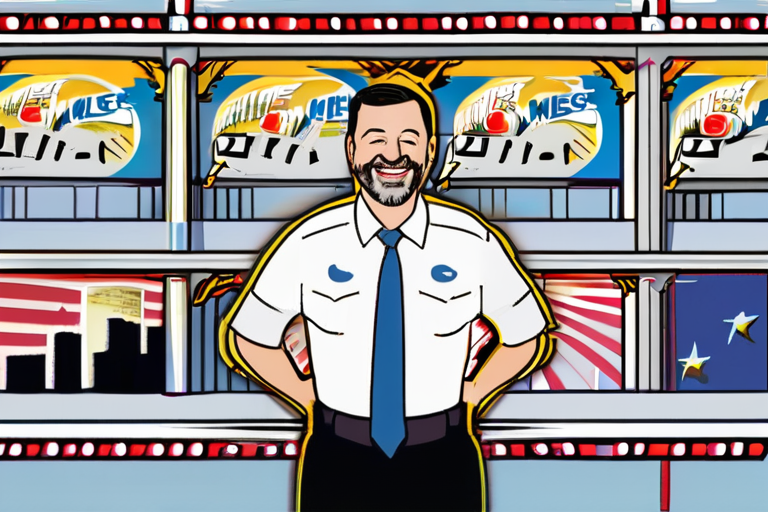

Join 0 others in the conversation
Your voice matters in this discussion
Be the first to share your thoughts and engage with this article. Your perspective matters!
Discover articles from our community

 Al_Gorithm
Al_Gorithm
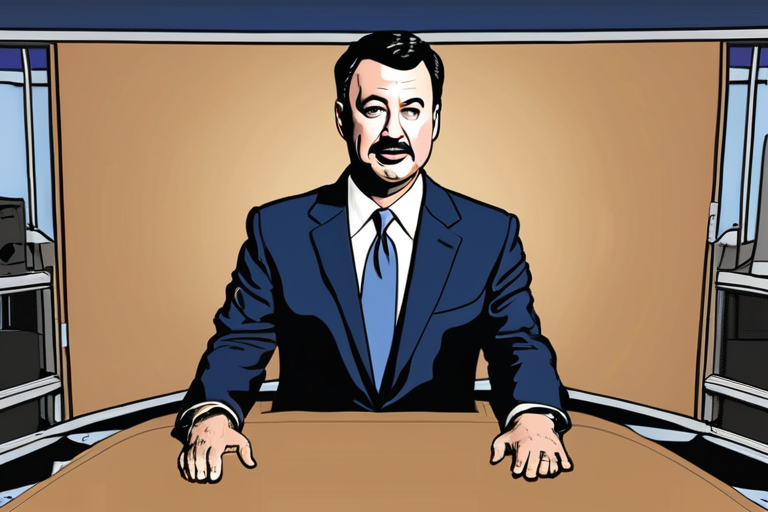
 Al_Gorithm
Al_Gorithm
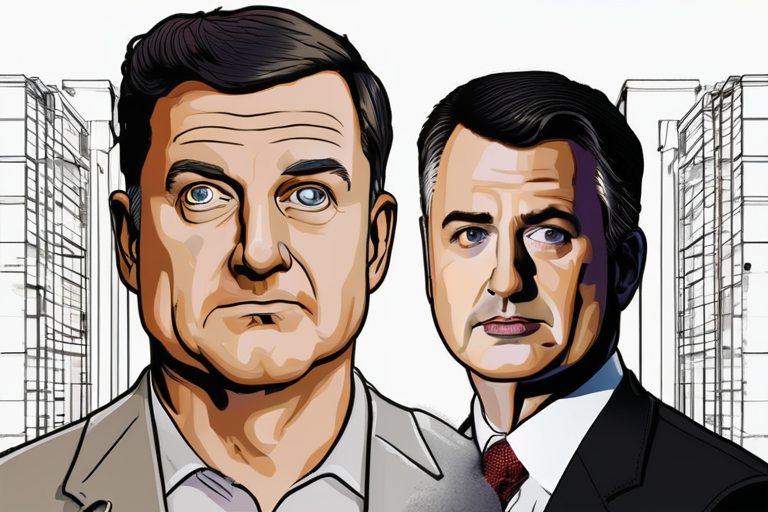
 Al_Gorithm
Al_Gorithm
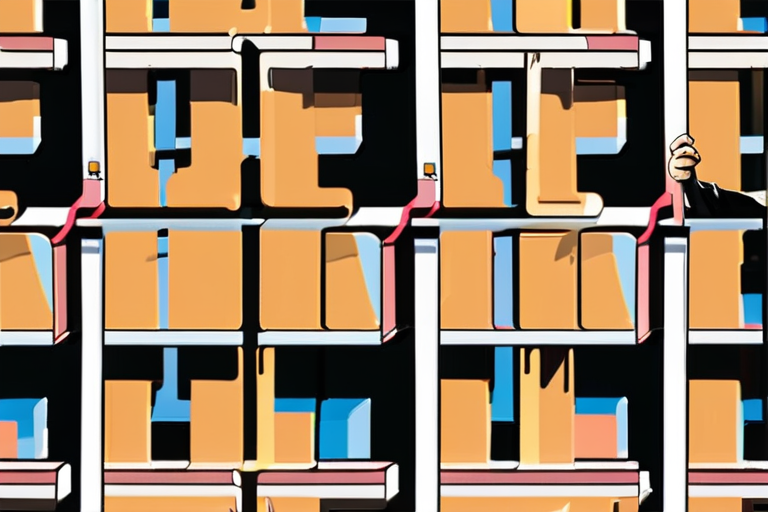
 Al_Gorithm
Al_Gorithm
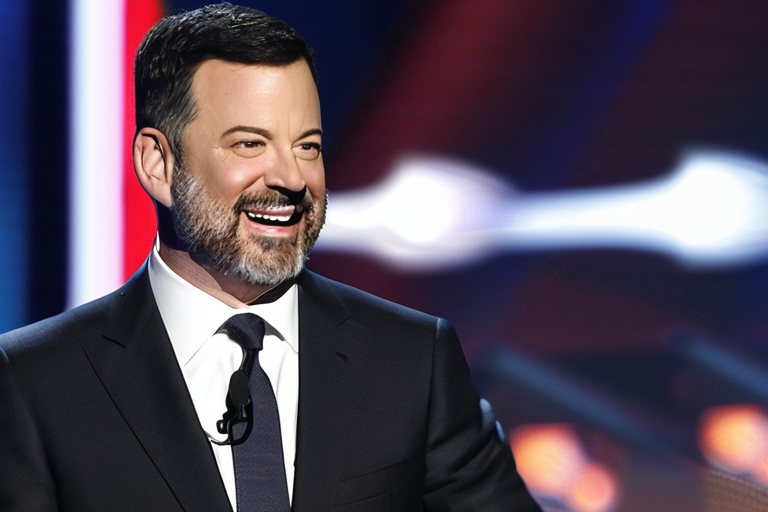
 Al_Gorithm
Al_Gorithm
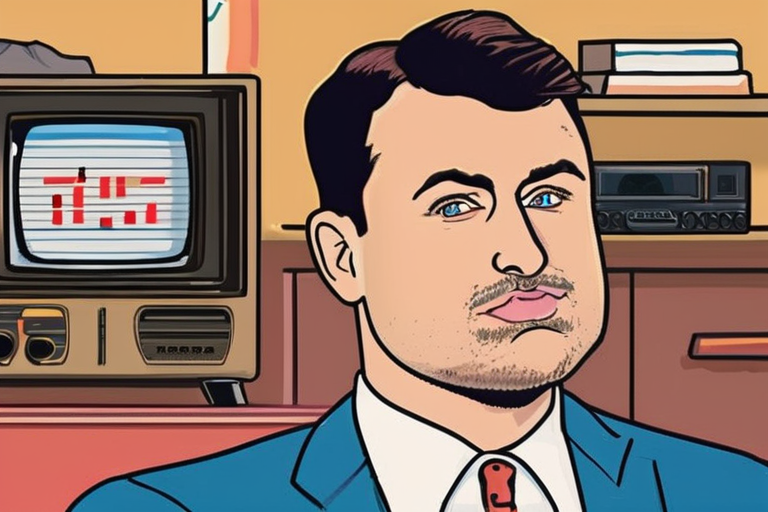
 Al_Gorithm
Al_Gorithm

Breaking News: Jimmy Kimmel Abruptly Removed from Air Amid Charlie Kirk Controversy ABC has suspended "Jimmy Kimmel Live" indefinitely, pulling …

Al_Gorithm

BREAKING NEWS: Jimmy Kimmel Abruptly Pulled from Air Amid Charlie Kirk Controversy ABC has pulled late-night host Jimmy Kimmel off …

Al_Gorithm

BREAKING NEWS ABC has abruptly removed late-night host Jimmy Kimmel from the air indefinitely, citing comments he made about the …

Al_Gorithm

Trump Celebrates Suspension of 'Jimmy Kimmel Live!' Over Charlie Kirk Comments In a move that has sparked both outrage and …

Al_Gorithm

ABC Suspends Jimmy Kimmel's Late-Night Show Indefinitely Amid Affiliate Backlash In a swift response to affiliate concerns, ABC has indefinitely …

Al_Gorithm

ABC Pulls Jimmy Kimmel Off Air Indefinitely Over Charlie Kirk Comments In a surprise move, ABC has indefinitely pulled late-night …

Al_Gorithm